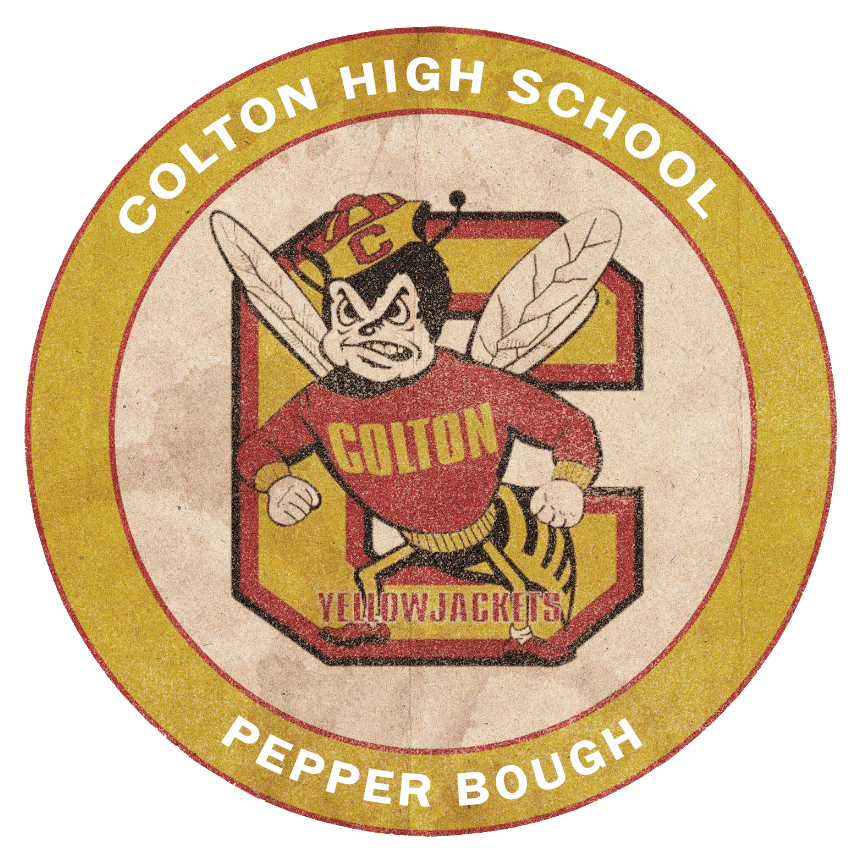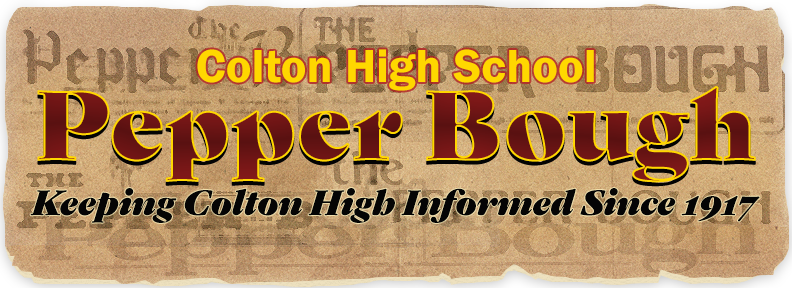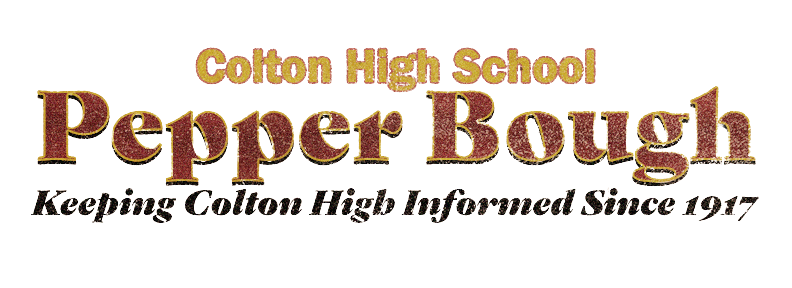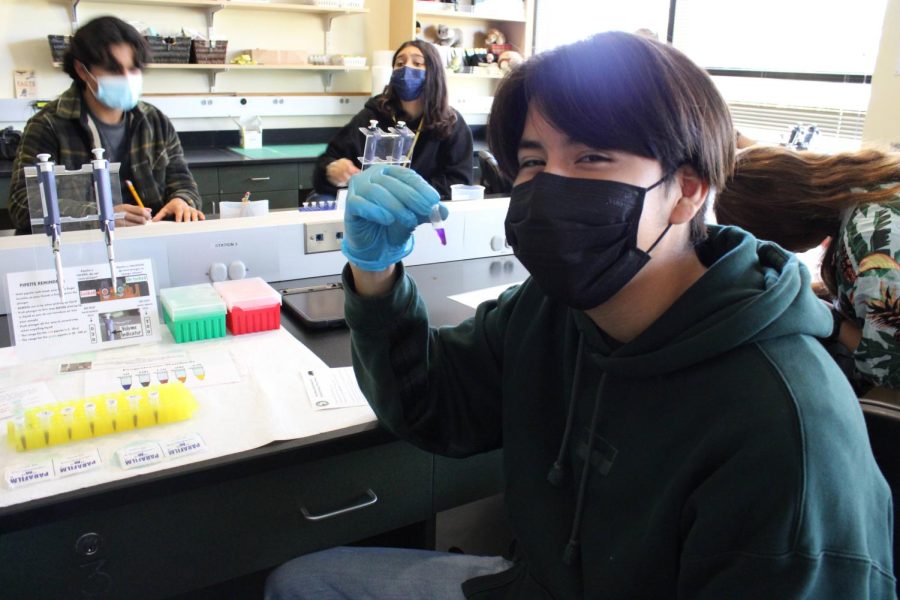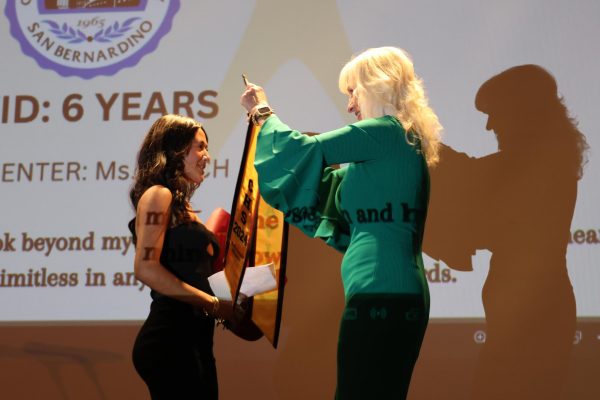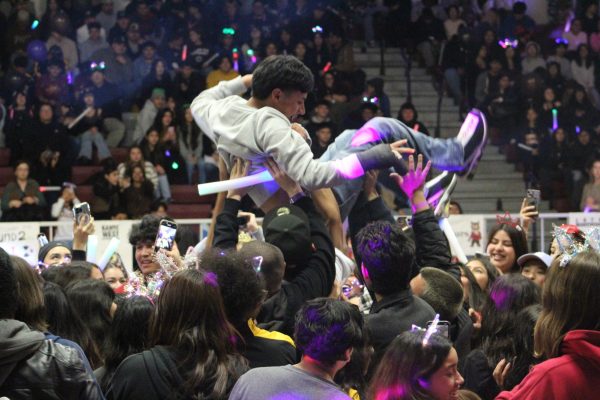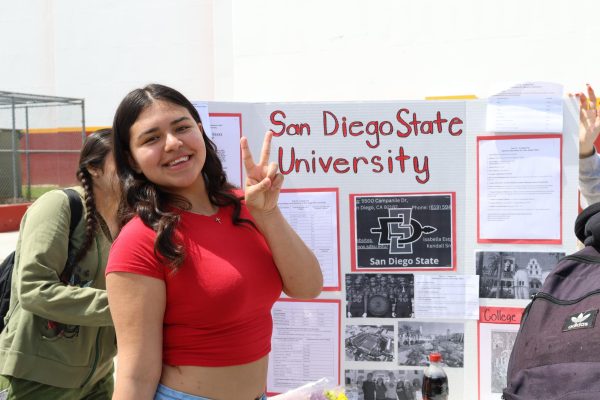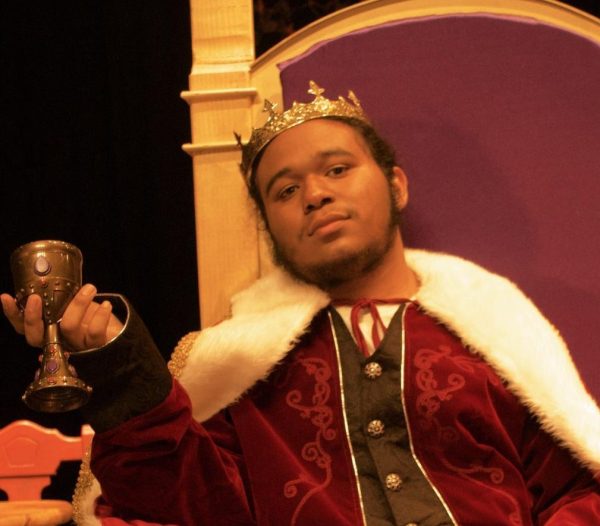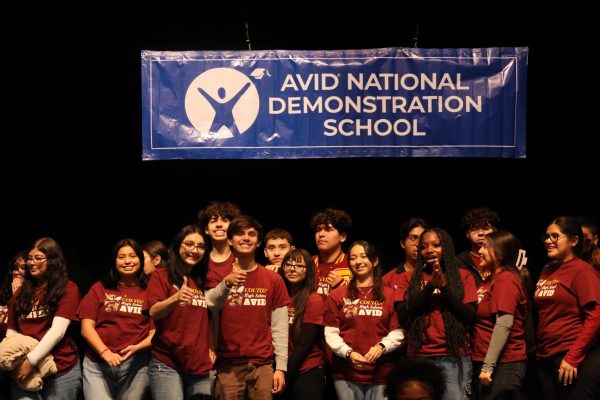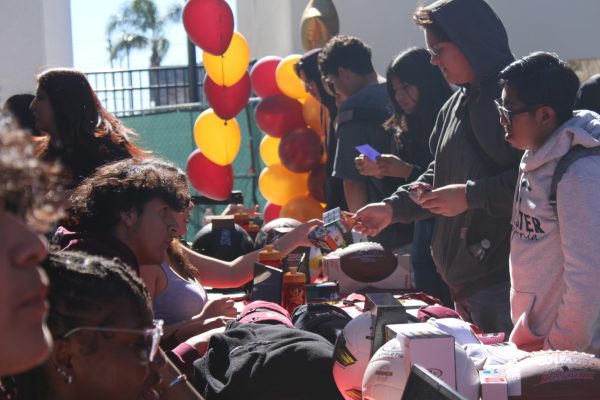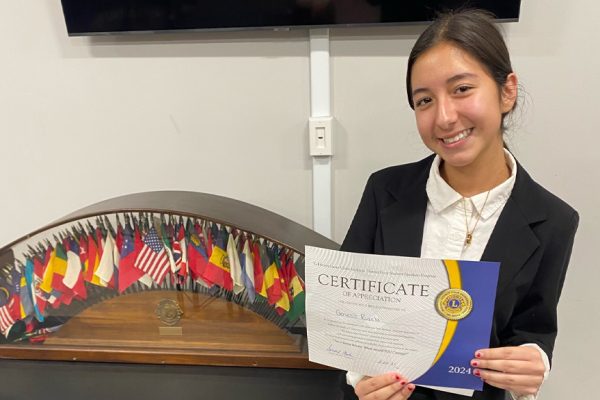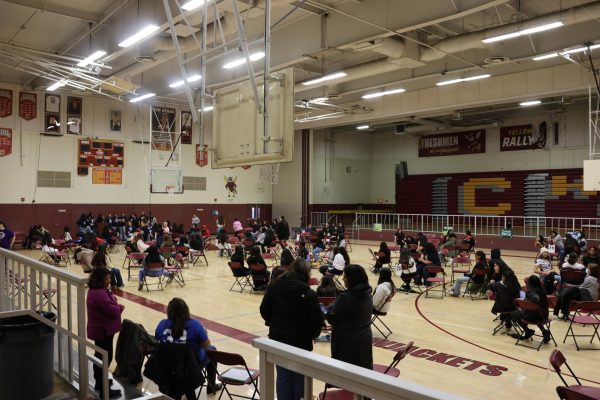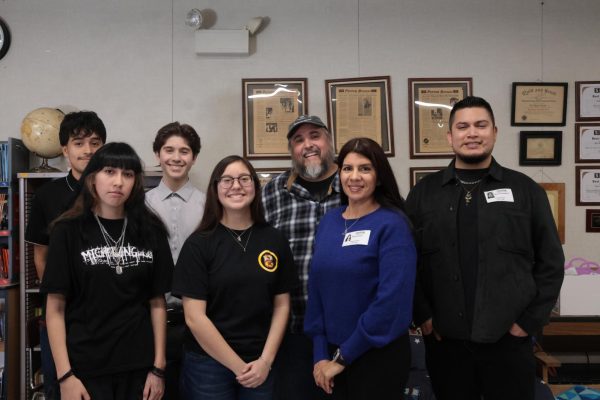Conservation takes center stage during biology field trip to San Diego Safari Park
The field trip, which focused on endocrinology and conservation efforts, almost didn’t happen
Colton High students learn about endocrinology during a lab experiment at the San Diego Safari Park on Nov. 17.
San Diego, CA—On Thursday, November 17, Colton High School’s Marine, Zoo, and AP Biology classes took a trip to San Diego Zoo Safari Park to learn about animal endocrinology and conservation.
The field trip was an all-day activity where students were taken to the safari park “lab” to learn about conservation and its importance. After they were finished with the lesson, students were allowed to explore the park in groups of two or more.
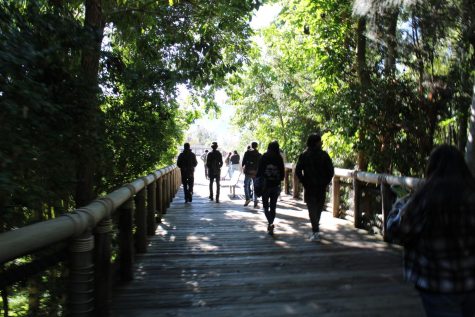
The road to securing this academic opportunity was not easy. This field trip was made possible by a grant from the Linker Family secured through the San Diego Zoo. Biology teachers Kristin Griffith, Gloria Ramirez-Haldeman, and Valerie Pelletier qualified to apply for the grant after attending a program last summer through the Zoo. However, when they made their first attempt to get approval for the field trip, the teachers were denied due to substitute shortages. The district did offer to approve the field trip provided staff members without need for substitute coverage chaperone the trip.
Outraged at the possibility of their hard work securing this academic opportunity for their students might not happen, Griffith and Ramirez-Haldeman sent letters to the district and school board members to appeal the decision. The trip was finally approved.
Students in attendance were excited about the trip, and showed their learning through the day. One student indicated that conservation efforts were important because “we’re going to eat everything until it dies,” referring to the planet itself. Another student said, “It’s important because we have to save wildlife. There aren’t many organizations helping.
Overall, Colton’s students showed they have a strong understanding of conservation efforts, and how even little things such as picking up trash can make a difference in the ecosystem. And they had fun doing it.
Recently, the CHS Publications Department experienced a major theft as over $20,000 in photography equipment was stolen from our studio over Spring Break. This included all cameras. Any amount you donate will help rebuild our program. Thank you!
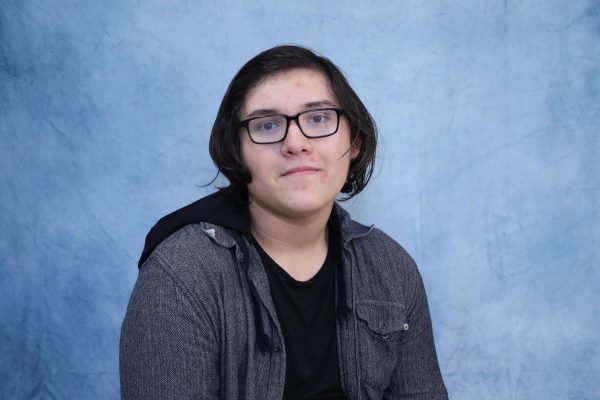
Mark Rodriguez is a sophomore at Colton High School. Other than the fact he is taller than you would expect a 15-year old to be, he's a pretty average...

